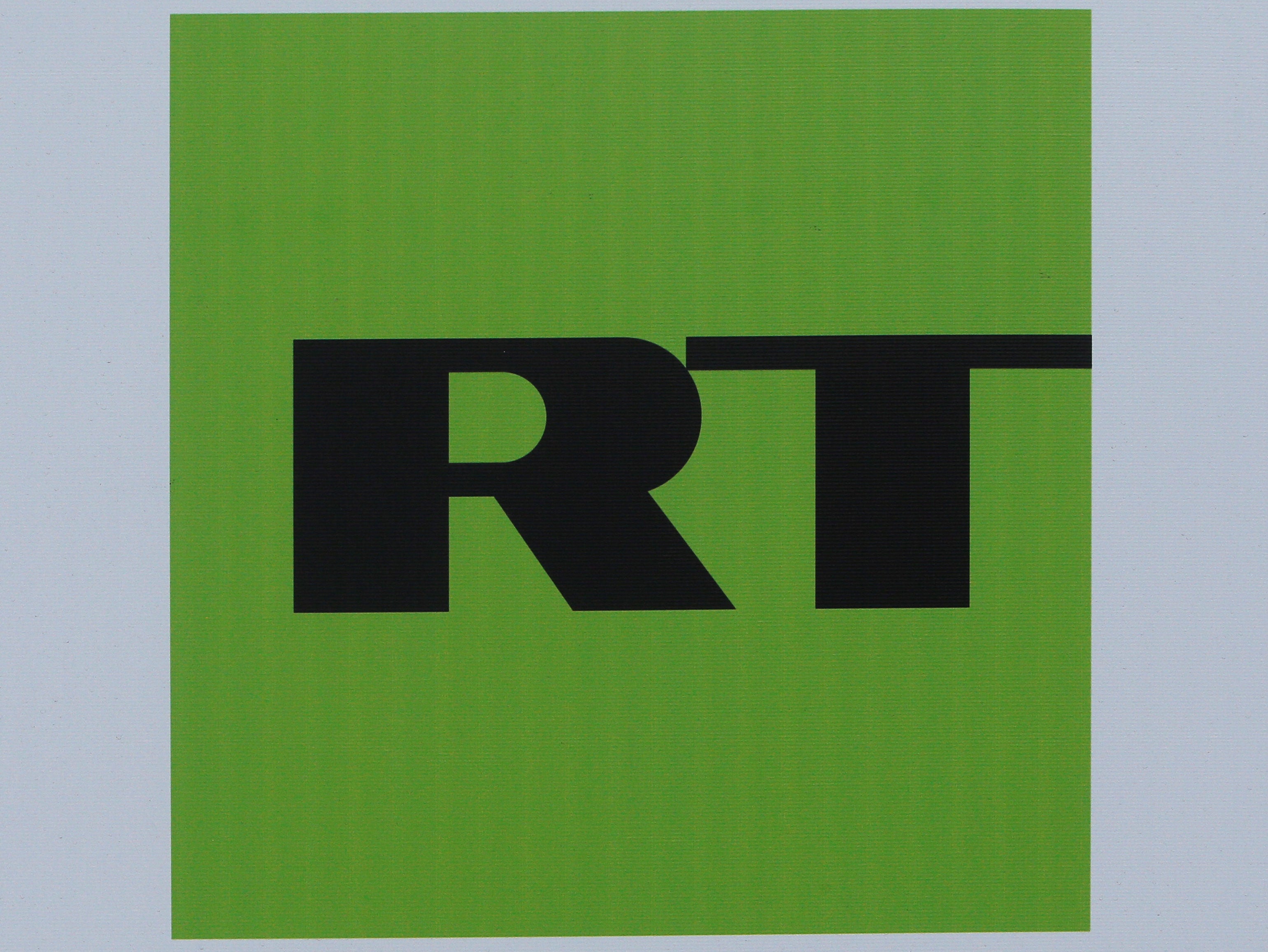
The UK’s broadcast regulator has opened seven investigations into the due impartiality of Kremlin-funded TV station RT (formerly Russia Today).
Ofcom said its decision follows a “significant increase” in the number of RT programmes warranting concern in the past month, in the wake of the poisoning of ex-Russian spy Sergei Skripal and his daughter Yulia.
The pair were found unconscious in Salisbury on 4 March. The UK Government has condemned the incident as an “unlawful use of force” by Russia against the UK.
Russia has denied any involvement in the nerve agent attack, but UK MPs have called for Prime Minister Theresa May to take action against RT.
In a parliamentary debate last month, Labour former minister Chris Bryant asked: “Can we just stop Russia Today just broadcasting its propaganda in this country?”
In response, on 12 March, Ofcom said it would consider the implications of the incident and subsequent events for the broadcast licence of RT.
It has now been monitoring the RT service “intensively” for the past month and found potential breaches of due impartiality on two news programmes on 18 March and 30 March.
The five other potential breaches were on two editions of Sputnik, the weekly show presented by George Galloway, two editions of Crosstalk, the channel’s flagship debate programme hosted by US journalist Peter Lavelle, and Worlds Apart with Oksana Boyko, all between 17 March and 16 April.
The regulator said it will announce the outcome of its investigations as soon as possible.
The seven new investigations are further to an existing probe relating to former First Minister of Scotland Alex Salmond’s chat show and “audience tweets” used during the programme.
Ofcom has provisionally found the tweets were not sent by audience members, in a potential breach of rules on due accuracy.
Until recently, Ofcom said, the overall compliance record of TV Novosti, which holds the licence for RT, had not been materially out of line with other broadcasters.
TV Novosti has had a total of 15 breaches of the broadcasting code since 4 May 2012, including eight breaches of the rules on due impartiality, which Ofcom said was “not an unusually high number”.
If Ofcom finds the broadcaster is not “fit and proper”, it could revoke RT’s licence until the channel remedies the issues which made it unfit to broadcast.
RT provides a Russian perspective on UK and global news for UK audiences and has an average audience of 3,400 at any given point during the day.
It has an average weekly reach of 1.06 per cent of adults, according to figures from the Broadcasting Audience Research Board.
In response to the MPs’ debate last month, RT released a statement saying: “It is regrettable to see RT so quickly proposed to be sacrificed as a political pawn, in one fell swoop doing away with any concept of press freedom in the UK.
“RT serves a valuable role in completing the picture of news for its audience, and it has received multiple awards for its journalism.”
It added: “We are proud to have a better record with Ofcom than most other UK broadcasters, and any curtailment of RT will ultimately be to the detriment of the British public.
“It is they who have been turning to RT for years for coverage of vital yet neglected stories and voices, including those of the many MPs and other UK public figures who have been shut out of public discourse by the mainstream media.”
In a statement in response to the ruling, an RT spokesperson said: “This was a notable and worrying example of Ofcom’s orchestration of the media in this matter by publicising, without notice to RT, its provisional findings for its decision in this case in a statement made on 18 April.
“This was before it had heard, let alone had time to consider, RT’s representations on its Preliminary View.
“This gives rise to grave concern over the fairness of Ofcom’s process and agenda. The concern is heightened as Ofcom is using powers that exist for protection against serious matters to find in breach this trivial teething problem – a real sledgehammer to crack a nut.”
Picture: Reuters/Sergei Karpukhin
Email pged@pressgazette.co.uk to point out mistakes, provide story tips or send in a letter for publication on our "Letters Page" blog
